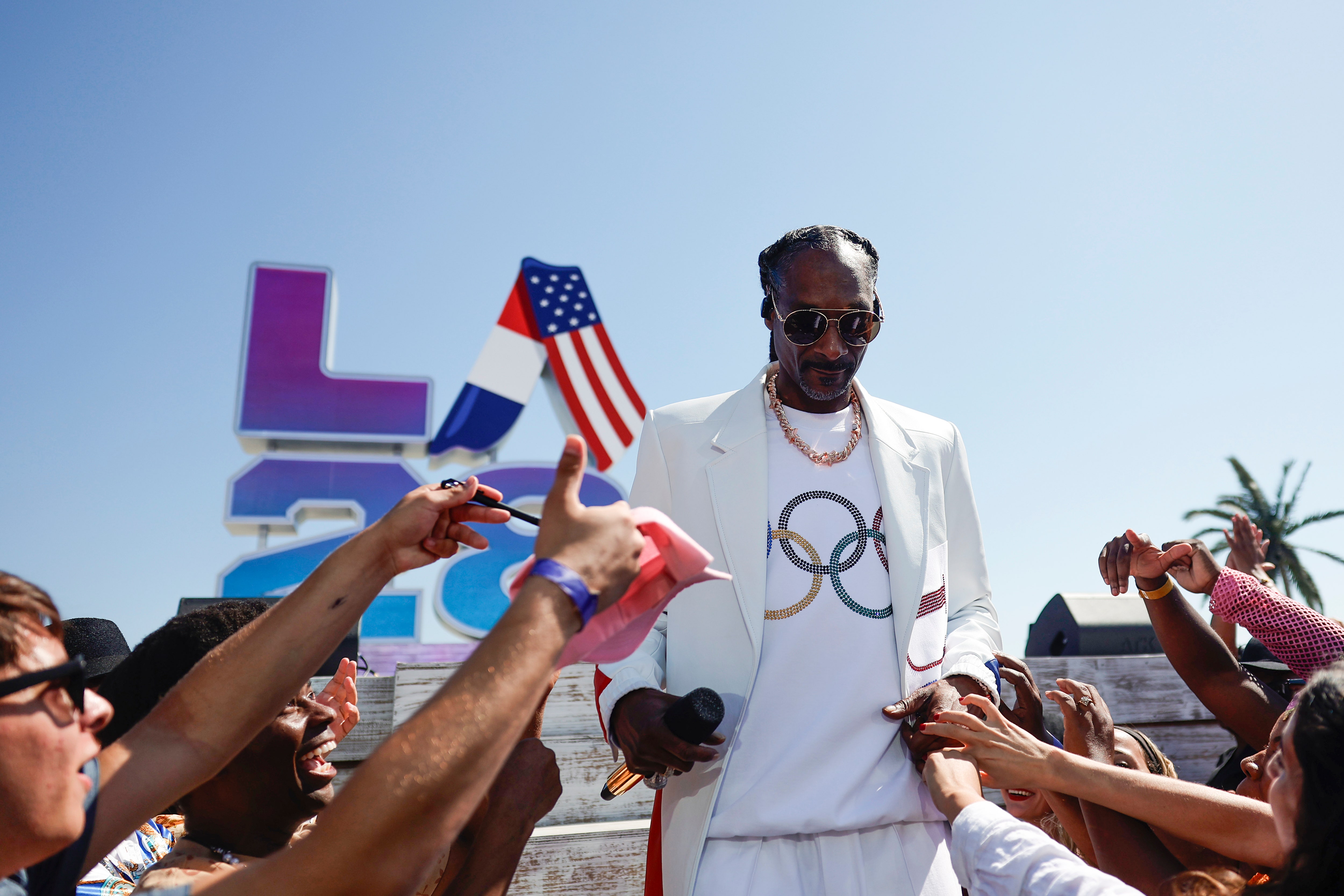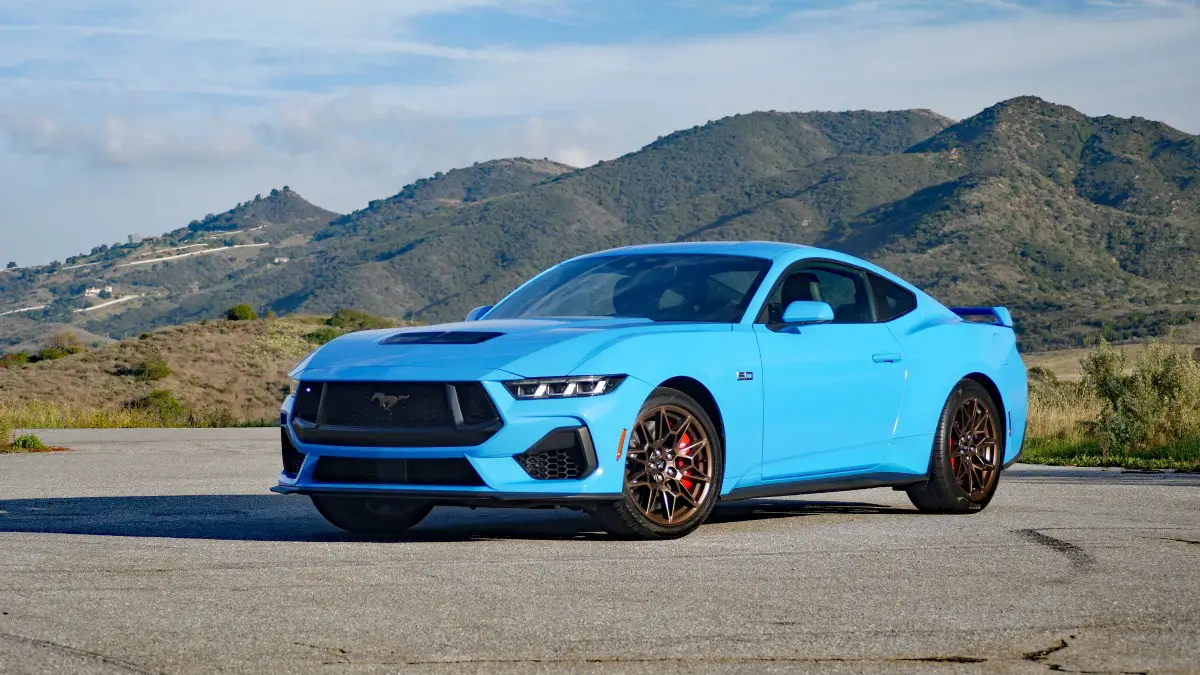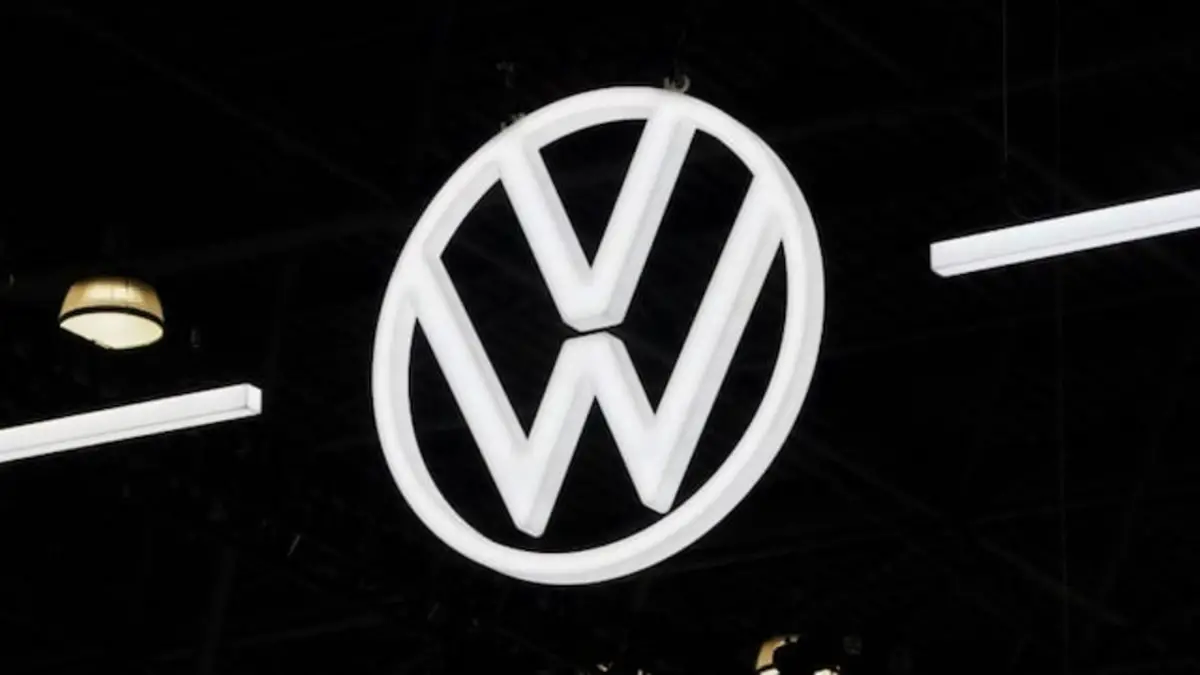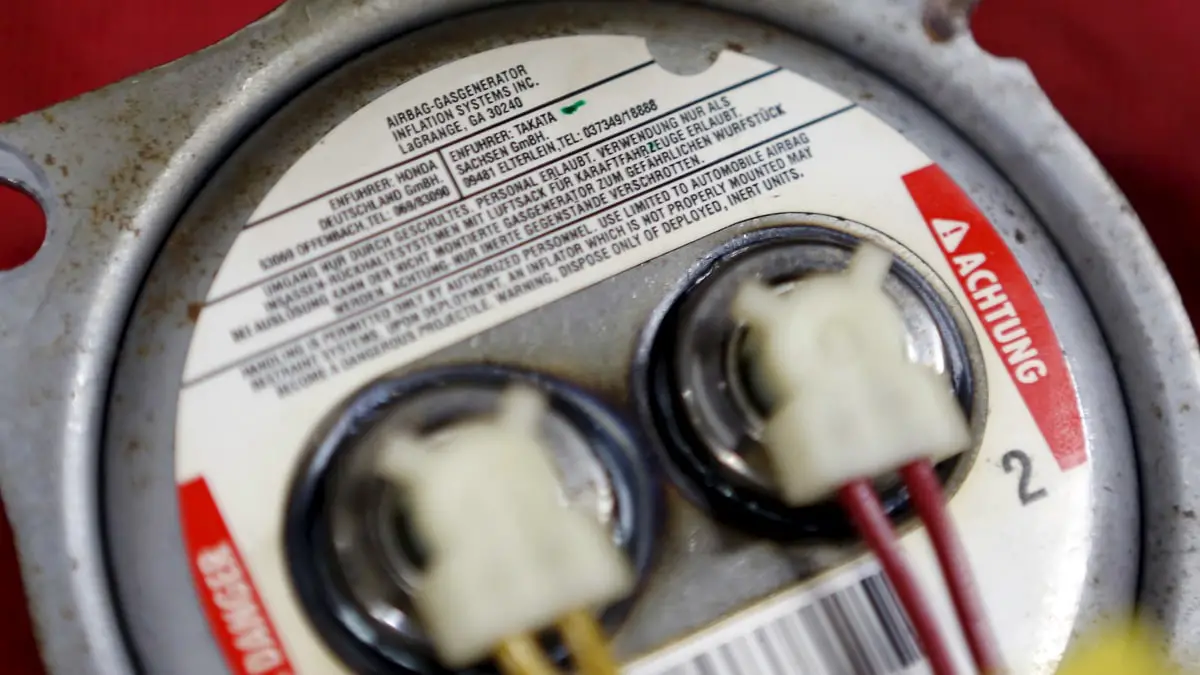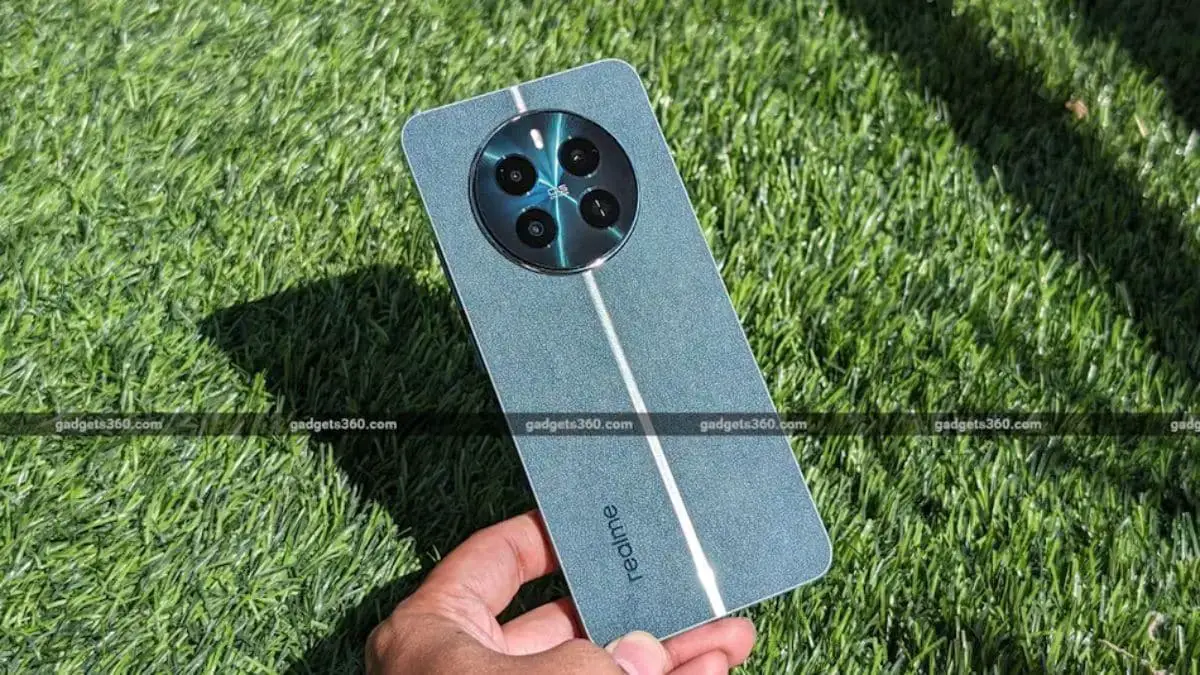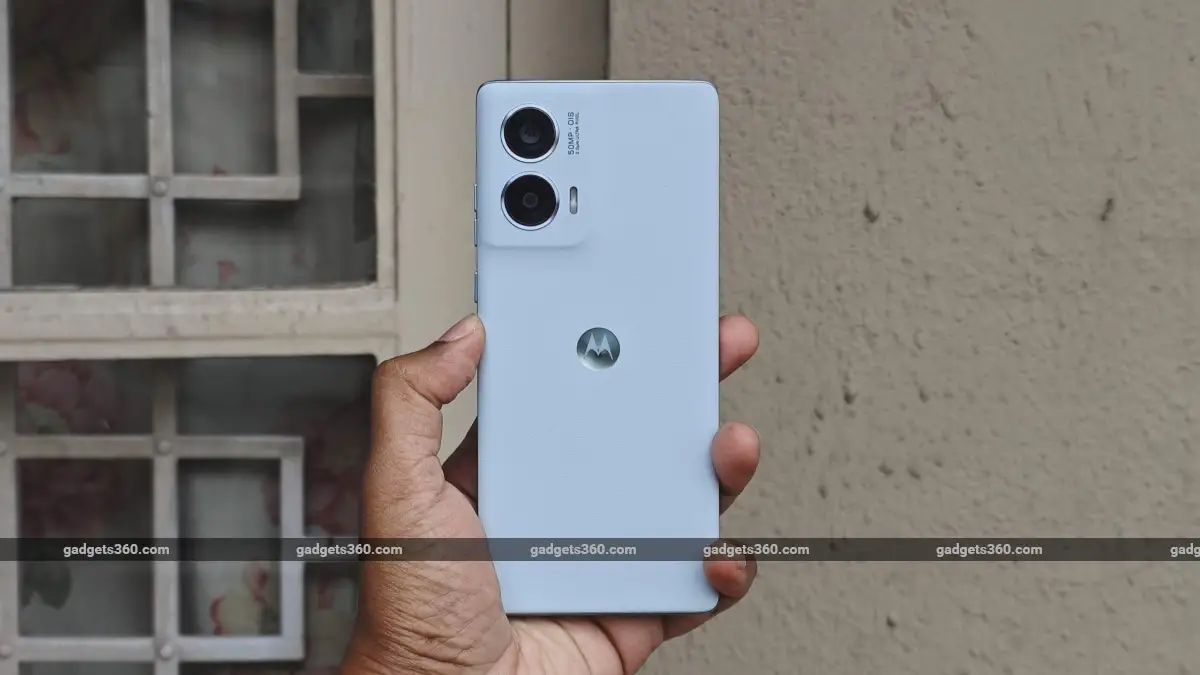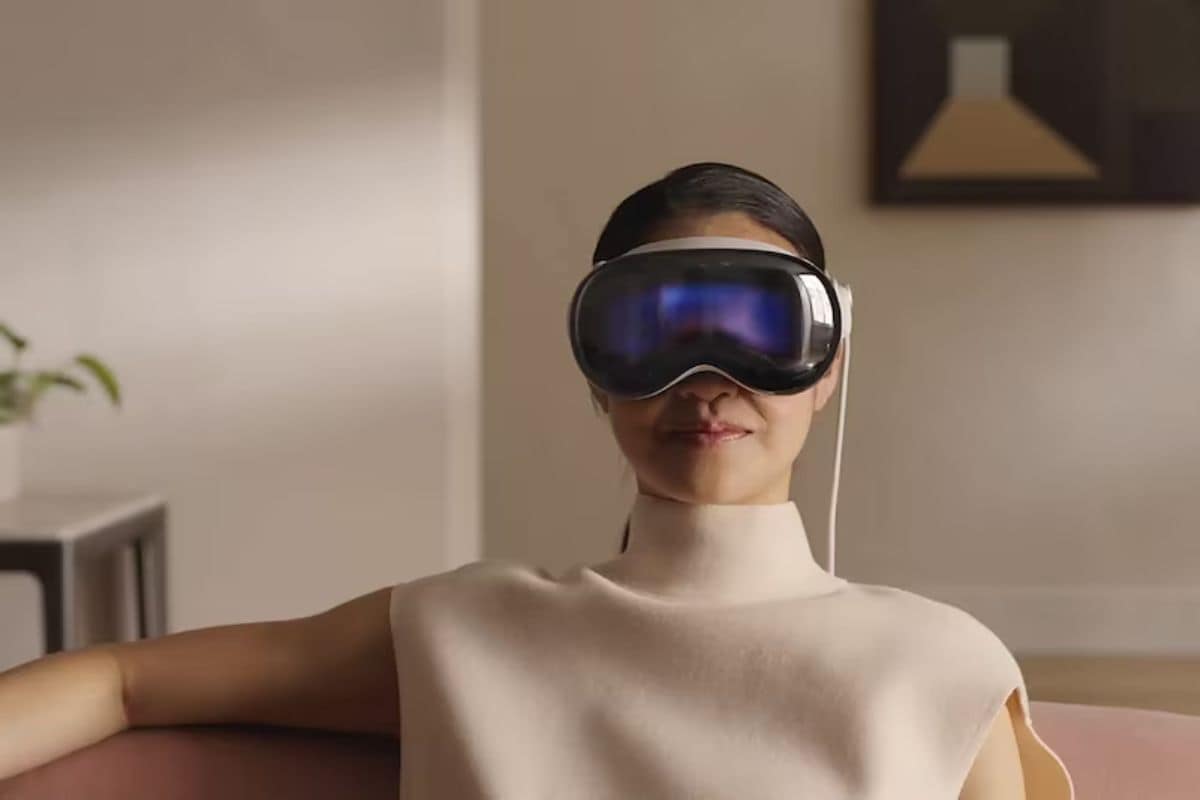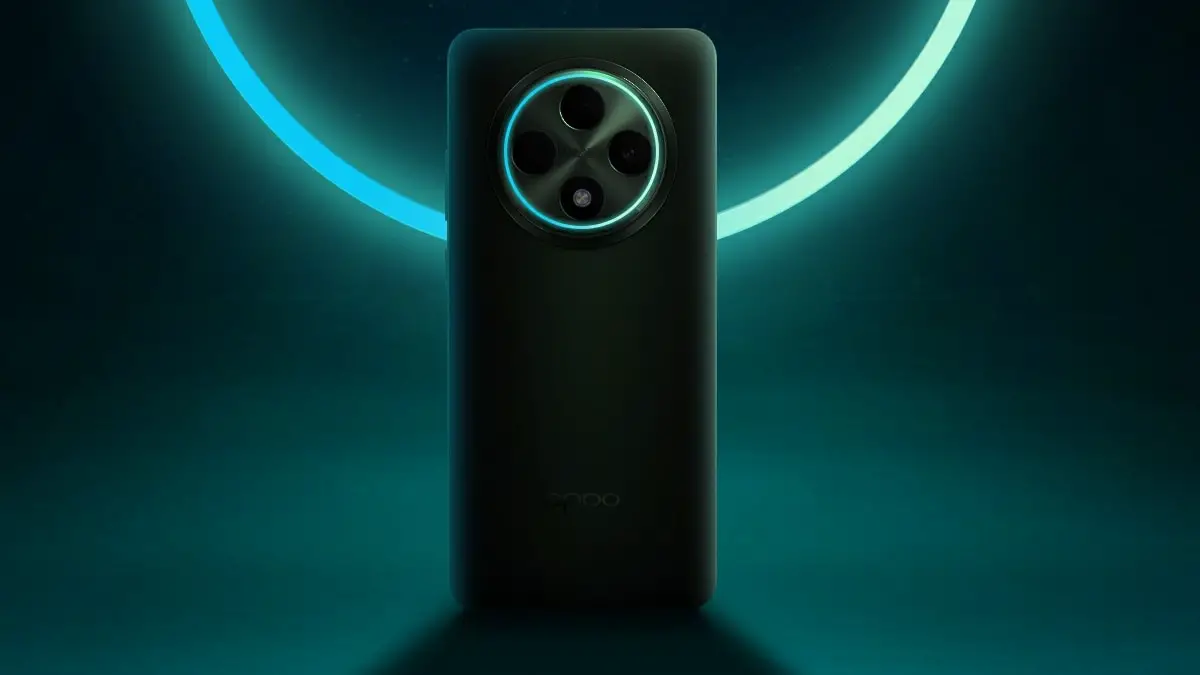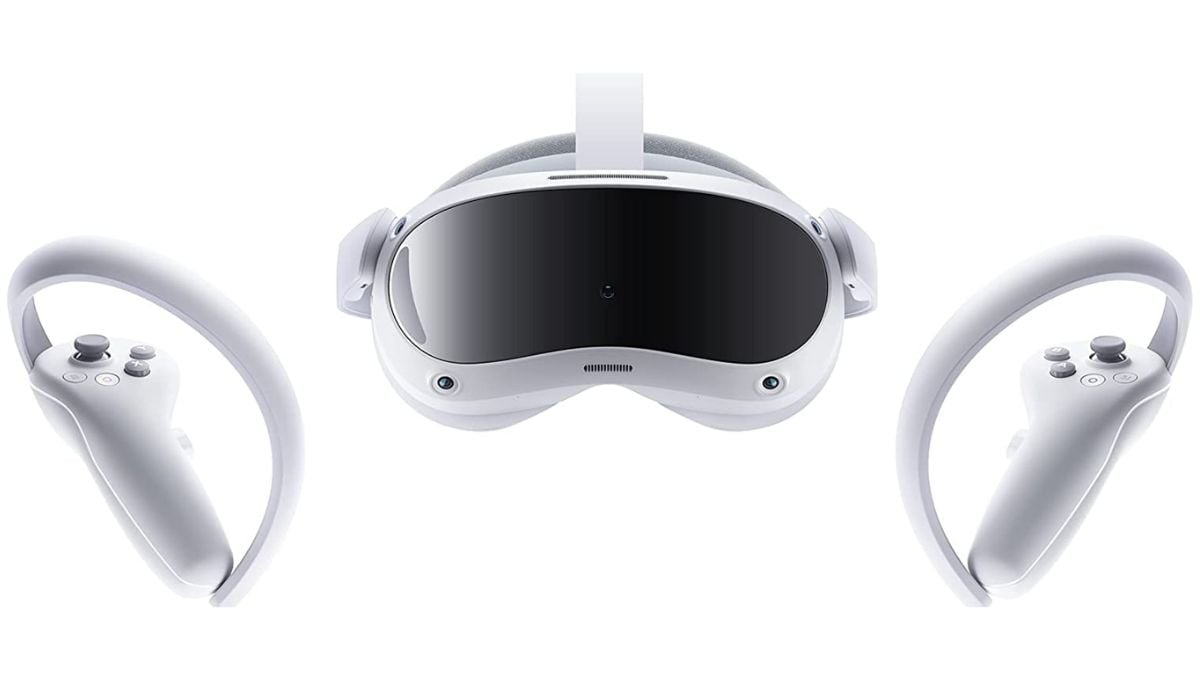In mid-June, when NBCUniversal announced it was partnering with Meta, Overtime, Snapchat, TikTok, and YouTube to send 27 influencers to the 2024 Paris Olympics, it seemed like a big deal. These were huge content creators like Kai Cenat, Daniel Macdonald, and Zhongni “Zhong” Zhu, people with millions upon millions of followers. The hope was that their presence would engage members of Gen Z and Gen Alpha and get them interested in the Games.
Mostly, that didn’t pan out. Though the move generated fawning “age of the influencer” pieces from outlets like The New York Times and Bloomberg, neither consumers nor advertisers (who NBCUniversal said could create sponsored posts with the influencers, should they desire) seem to have responded all that well to the network’s “Paris Creators Collective,” which spent the past two weeks bopping around between Olympic events.
Instead, what caught the public’s attention was content from athlete creators like USA rugby team star Ilona Maher, who gained almost 2 million new followers in the past couple of weeks thanks to her witty fit checks and Love Island–like references to the “Olympic Villa.” Norwegian swimmer Henrik Christiansen became famous for his love of a gooey chocolate muffin served in the Olympic Village, while other fans consumed seemingly dozens of national kit unboxing videos made by athletes from all around the globe.
People have also fallen for hip figures, like Olympic shooters Kim Yeji and Yusuf Dikeç or Stephen Nedoroscik, the bespectacled American gymnast who really should work on getting a Warby Parker endorsement deal if he hasn’t landed one already. People have also gone nuts (again) for the reportedly highly valuable Olympics commentary of Snoop Dogg, who NBCUniversal officially brought on board for the first time for these Games.
The videos that NBC’s influencers are posting, on the other hand, don’t seem to be hitting—or going viral, at least. Part of that could be due to the limitations handed to the creators, who weren’t allowed to post videos of the actual events.
Most tried to work around the actual athletics, sharing clips from the venues, of their reactions, their meals, and their cartwheels, or of their outfits. Others tried to play coy around the whole conceit, using their TikToks to poke fun at European architecture or, in the case of “Apprentice of Jesus” creator Lecrae, addressing the “sincerity of his faith” for profiting off the same Games that people (incorrectly) believe did a parody of the Last Supper.
The resulting videos feel a little thin, with commentary that’s less biting or immediate than what’s been making the rounds elsewhere. (After all, if NBCUniversal flies you to Paris and puts you up, you’re probably not going to comment on how goofy the Australian breakdancer’s moves were or how you couldn’t see squat from your expensive seat at the Opening Ceremony.)
There’s just something about a “here’s what it looks like inside the stadium” video that feels so boring. Perhaps it’s because tens of thousands of other attendees could have made the same content, or perhaps it’s because these creators simply just weren’t able to produce content as compelling as what was being created either on the field or back in the village. (Or, frankly, while a lot of us at home just threw Peacock up on a second screen while posting jokes on X.)
“People are looking for quality coverage of what’s actually happening at the Games,” says Christine Tran, a professor and digital media scholar at the University of Toronto. “There are journalists who have media training and production value behind them to get that kind of on-the-ground coverage. What influencers offer is this kind of performed informality, like ‘I’m here on the ground with you.’” People don’t seem to be responding to that, perhaps because actually going to the Games seems like too lofty a goal for many people.
When you’re watching a piece of content created by an Olympic athlete or even by a brand about an Olympic athlete, Tran says you’re connecting with someone who’s “very exceptional at one specific thing rather than what influencers offer, which is being slightly exceptional at things you do every day, like cooking, dressing, or taking videos of yourself.”
Average schmucks might not be able to throw a javelin or hold their breath underwater for more than 10 seconds, but as viewers, we imagine we might have more in common with the Central Florida teacher who’s competing than we do with Kristy Scott, a YouTuber whose clips from the Games seemed to mostly involve her getting ready to attend various red carpet events. (It can only help that, just like the rest of us, most top-level US Olympians seem to barely scrape by financially, earning an average of $2,000 a month from the USPOC, plus whatever they can pull together from side gigs. There’s a reason Flavor Flav sponsored the US water polo team and chipped in alongside Reddit cofounder Alexis Ohanian to pay a track and field athlete’s rent.)
That’s not to say audiences haven’t responded to the Games, because they have, big time. As WIRED reported, eight of Peacock’s 10 most-streamed days of all time have been from these Olympics, with daytime viewers of the streamer up 75 percent week over week. NBC Sports’ social media channels gained a combined 2 million new followers during the first week of the Games, and the company’s YouTube channel went from drawing 37 million views the week prior to the Olympics to nearly 215 million the week of, making it the 15th most popular YouTube channel in the United States.
Viewers are coming to check out the memed moments they saw online, too. NBCUniversal told WIRED that when Noah Lyles went viral for winning the 100-meter dash on a photo finish, “nearly 50 percent of viewers of that asset on Peacock” watched the replay after the fact rather than live.
While viewership was down for the past two Olympics, whether due to time zone issues or confusing streaming situations, the numbers for Paris are up about 80 percent from where they were for the 2020 Tokyo Olympics. The company really feels like it has nailed it these Games, with Molly Solomon, executive producer and president of NBC Olympics Production telling WIRED that “success is the audience engaging with the Olympics on social, on television platforms, streaming on Peacock. As long as you’re with us in some form on some platform, it’s a success.”
Hopefully, they’ll be with the athletes online after the Games, if not with the army of creators NBC sent. After the Tokyo Games, athlete marketing platform Out2Win found that competitors gained about 113 billion followers collectively, a number that will only be higher out of Paris with the increasing popularity of platforms like TikTok. Influencers like Maher are already reportedly being offered magazine covers and TV gigs, and Tran says she wouldn’t be surprised if many of them end up on Cameo, at the very least. (Some are already on OnlyFans.)
Of course, all of this could be entirely uprooted by the time the next Summer Olympics rolls around in 2028 in Los Angeles, the sunny home of what has to be hundreds if not thousands of marquee influencers. If all NBC needs to do then is throw a pair of tickets at someone in exchange for a post or two, that army of 27 creators might balloon even more, regardless of how effective they were at these Games.
It’s a bit of a long game for NBCUniversal, who has the rights to the Olympics through 2032 and whose ratings can only be buoyed by a rising tide of younger viewers. More content means more eyes, period, and if you’re NBCUniversal, maybe that’s all that matters.

